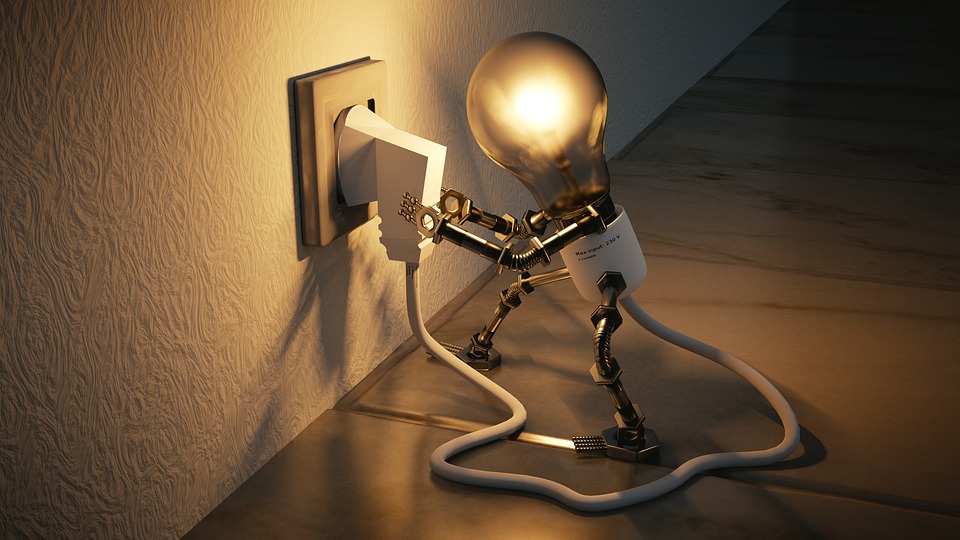Light gives us a sense of security and ensures that when it is already dark, we can continue to work, move around quickly, and so many other things. Nowadays, you will see cities, harbors, oil platforms, and even ships are illuminated. Coastlines are recognizable, and densely populated areas are visible. Unfortunately, lights have adverse effects too. That is why we also talk about light pollution. Let’s see some of the negative effects of light pollution and what we can do to avoid them:
Light Pollution and Its Consequences for Nature
In recent years it has become increasingly clear that artificial light has an impact on nature. Researchers have discovered that artificial light alters animals’ behavior; they become disoriented, do not hibernate, do not hunt, or do not reach their mating grounds. Here are some examples:
- Migratory birds that fly at night become disoriented by artificial light. These birds often use the stars for orientation, but in cloudy or foggy weather, artificial light can cause birds to fly in the wrong direction, causing them to become exhausted. They fly into large sources of artificial light, such as lighted oil rigs. Or they get “trapped” in so-called skylights, the reflection of artificial light (from cities, roads, industrial estates, etc.) in the clouds.
- Light pollution is one of the leading causes of the decline of moths in the Netherlands.
They become disoriented, can be damaged, eat less, reproduction slows down, and their biological clock (spring, summer, autumn, winter) is interrupted. - The behavior of bats is disturbed by artificial light. The slow-flying species of bats, in particular, avoid light because they easily fall prey in the light. Faster flying species (such as the Pipistrelle Bat) do come closer.

Artificial Light and the Negative Consequences for Humans
- Artificial light also has an impact on our sleep rhythm. Since the advent of electric lamps, we sleep 1.5 hours less. The hormone that ensures our sleep is less produced by light.
- Besides, we can enjoy the starry sky less because of all that light. In the darkest places on Earth, you can see many more stars. It is a pity that we miss out on this piece of nature because we have so many lights on.
Tips to Avoid Light Pollution
1) Garden Lighting
Do not light the garden or light it as little as possible. The less light we produce (especially outdoors), the less light pollution will be produced. A motion sensor can be a good solution if you still want to illuminate the garden. For example, to feel safe or find your way to the garage when you come home with your bike. Choose a warm orange/red color and a low illuminance. For most species, this seems to cause the least harm.
Consider the direction of your lights. Want to illuminate the front door? Then choose a lamp that shines downward and not in all directions. Avoid lamps shining directly toward the sky.
2) Home Lighting
If you turn on interior lights, close the curtains and/or blinds. In this way, we limit the radiation from homes.
3) Food
Choose local and seasonal vegetables as much as possible. This signifies fewer greenhouses are needed, which means less light pollution.
4) Outdoor Lighting
Pay attention to the office’s lighting, warehouse, or the store where you work or in the school and sports hall. Will the light stay on all afternoon or perhaps all night? Check with your co-workers, security, the building manager, the janitor to see if the canteen people can turn off the lights earlier.
Field hockey fields, soccer fields, tennis courts, athletic fields, and other sports fields or courts are also places where a lot of lighting is applied so that you can keep playing when the sun goes down. Do you or any of your children play such a sport? Then pay attention to the lighting. If you are no longer playing on a field, are the lights turned off? Are there lights on the fields where you are not playing? Talk to the coach, trainer, or canteen people to see if lights can be turned off when the field is not in use.

Do you have any other tips to avoid light pollution? Let us know in the comments below!
